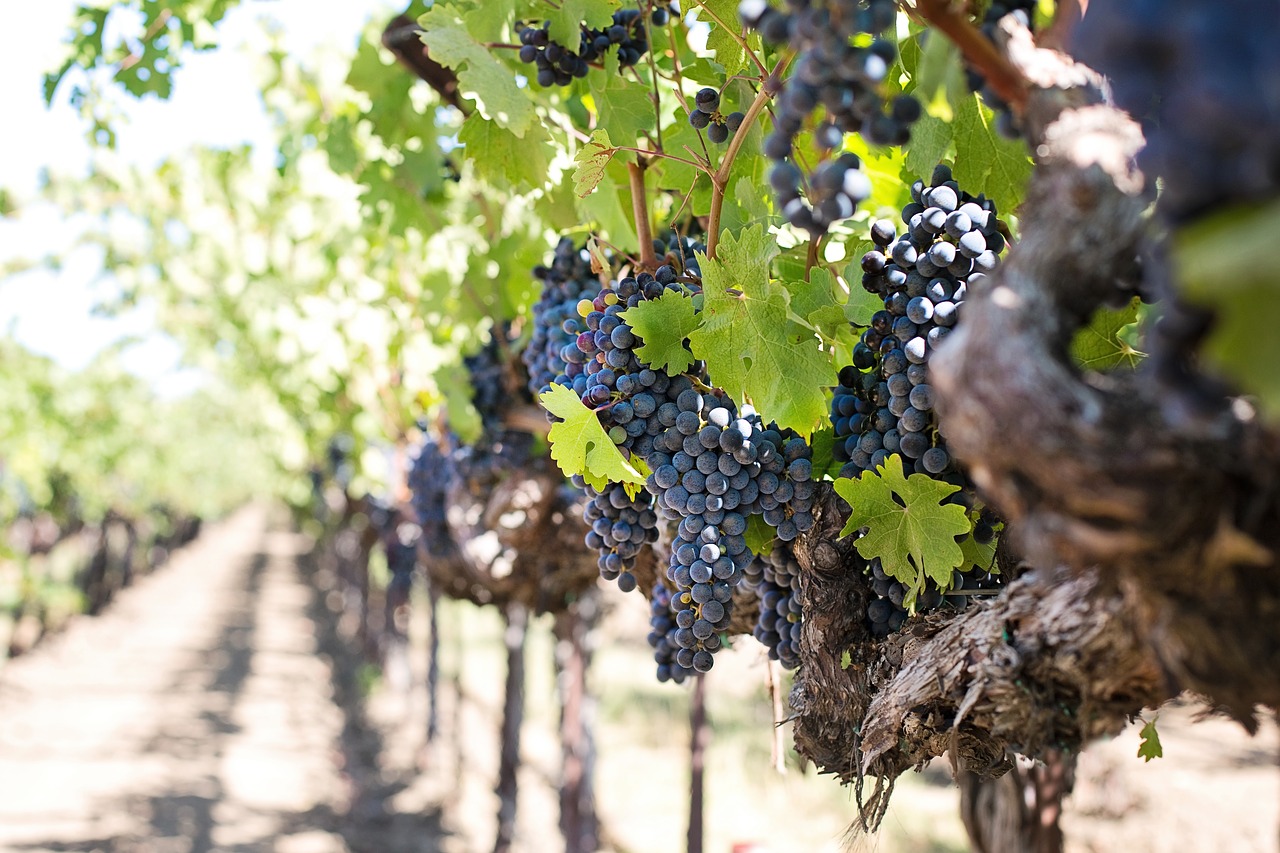Wisconsin
Wisconsin tourism is being transformed by its grape growers

MADISON, Wis. (AP) — Wisconsin might be best known for its beer offerings, but the state’s wineries are drawing tourists from across the Upper Midwest.
The state’s winery tasting rooms welcomed an estimated 1.78 million visits in 2015, bringing in nearly $50 million in wine tourism, according to a Michigan State University study.
The survey conducted at select wineries in Wisconsin found that most people didn’t visit to learn about wine, but rather for leisure, said Dan McCole, the study’s author.
Roughly 10% of U.S. wineries are located in the Great Lakes region, but the area only produces 1% of the product, McCole told Wisconsin Public Radio.
Wisconsin’s bitter cold doesn’t allow the state’s grapes to produce the same type of wine as those from France’s Bordeaux region or Tuscany. Some of the wineries import grape juices from other states to supplement locally grown grapes or other fruits.
McCole, who’s also an associate professor of tourism and sustainability at Michigan State University, said the Badger State doesn’t have to produce the highest quality wines.
“It does not need to rival that of France or California,” he said. “It just needs to be good enough.”
McCole discovered that visitors are looking for palatable wine and a good experience.
Many of the state’s wineries are easily accessible from big cities, such as Milwaukee and Madison, which makes them attractive for day trips, McCole added.
The economic impact of wine tourism in Wisconsin is slightly less than states where people need to travel far distances and stay overnight, according to the study.
“You would be surprised by some of the numbers. The amount of wine I believe actually parallels that of beer drank in the state,” said Ryan Prellwitz, president of the Wisconsin Winery Association.
Prellwitz also owns the Vines and Rushes Winery in Ripon, where he produced up to 70,000 bottles of wine a year.
But he expressed worry that some of the state’s at least 100 wineries could go out of business as farms and other agricultural operations struggle to stay open.
“There are easier ways to make money than owning a winery,” Prellwitz said.







